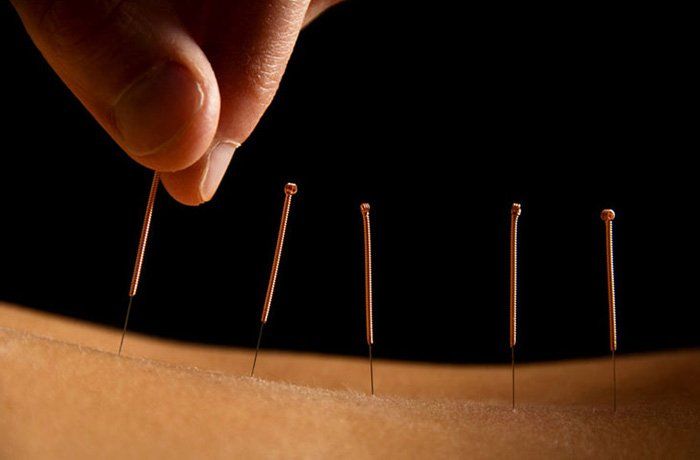Acupuncture - Traditional Chinese Medicine
Traditional Chinese Medicine (TCM) is one of the oldest continuous systems of medicine, with recorded instances dating as far back as four thousand years. Acupuncture is the most often practiced component of TCM, and has three primary effects:
- relieves pain
- reduces inflammation
- restores balance in the body
Qi (life force or energy – “chee”) flows through the body in pathways known as meridians, crisscrossing the landscape of the body and connecting all of its components. When there is a blockage or disruption of the flow of Qi, acupuncture needles are inserted into points along the meridians to enable proper flow and circulation. Balancing Qi:
- promotes blood flow
- stimulates the body’s natural healing mechanisms to speed recovery time
- releases natural pain killers
- relaxes shortened muscles to improve range of motion
- reduces stress
When injuries occur, it is difficult to allow our bodies adequate time to heal. Pain is a warning signal that something is weakened and out of balance. Masking that pain with medication is only a short-term fix that may allow unwanted side effects because it does not address the deeper problems. Acupuncture can provide immediate relief and long-lasting benefits, returning you to peak performance with a balanced Qi.





